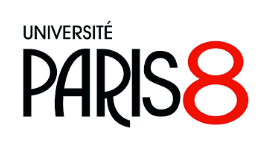It is common to divide verbal forms in Semitic and much of Afroasiatic into two paradigms, depending on whether agreement affixes are prefixes or suffixes. In one paradigm, the exponents of person, number and gender are suffixal while the other paradigm has both prefixes and suffixes. For example, Hebrew past tense is typically suffixal (e.g. axal-tem ‘you.PL ate’) while non-past is prefixal as well as suffixal (to-xl-u ‘you.PL will eat’). Crucially, no language in this family has a purely prefixal verbal paradigm.
Halle (1997) assumed that the position of the affixes is an idiosyncratic property of a given item, encoded in its Vocabulary entry. Much of the subsequent research in this domain has found this assumption unsatisfactory; in many cases, for example, the distinction is based on the tense (or aspect) of the verb. Yet this generalization does not apply across all forms, much less all languages. Recent work has attempted to explain or derive the properties and the position(s) of phi features in the Semitic verb from the interplay of morphological, syntactic and phonological rules or constraints, including verb movement or linearizaton-related constraints.
This mini-workshop focuses on the prefix-suffix issue in Afroasiatic and hopes to engage a discussion among researchers concerned with different facets of this issue.



